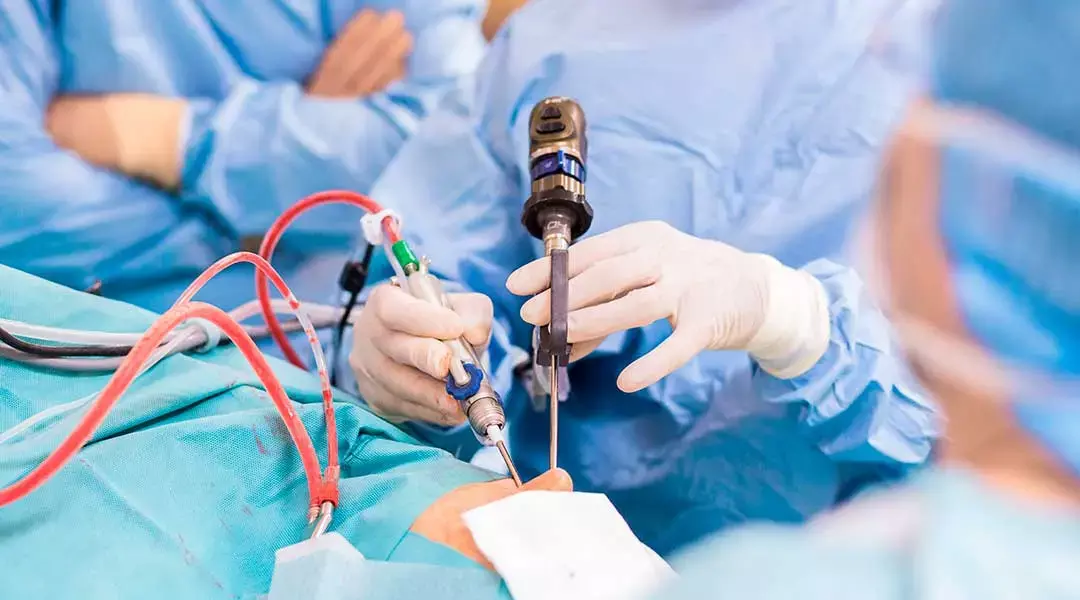- Home
- Medical news & Guidelines
- Anesthesiology
- Cardiology and CTVS
- Critical Care
- Dentistry
- Dermatology
- Diabetes and Endocrinology
- ENT
- Gastroenterology
- Medicine
- Nephrology
- Neurology
- Obstretics-Gynaecology
- Oncology
- Ophthalmology
- Orthopaedics
- Pediatrics-Neonatology
- Psychiatry
- Pulmonology
- Radiology
- Surgery
- Urology
- Laboratory Medicine
- Diet
- Nursing
- Paramedical
- Physiotherapy
- Health news
- Fact Check
- Bone Health Fact Check
- Brain Health Fact Check
- Cancer Related Fact Check
- Child Care Fact Check
- Dental and oral health fact check
- Diabetes and metabolic health fact check
- Diet and Nutrition Fact Check
- Eye and ENT Care Fact Check
- Fitness fact check
- Gut health fact check
- Heart health fact check
- Kidney health fact check
- Medical education fact check
- Men's health fact check
- Respiratory fact check
- Skin and hair care fact check
- Vaccine and Immunization fact check
- Women's health fact check
- AYUSH
- State News
- Andaman and Nicobar Islands
- Andhra Pradesh
- Arunachal Pradesh
- Assam
- Bihar
- Chandigarh
- Chattisgarh
- Dadra and Nagar Haveli
- Daman and Diu
- Delhi
- Goa
- Gujarat
- Haryana
- Himachal Pradesh
- Jammu & Kashmir
- Jharkhand
- Karnataka
- Kerala
- Ladakh
- Lakshadweep
- Madhya Pradesh
- Maharashtra
- Manipur
- Meghalaya
- Mizoram
- Nagaland
- Odisha
- Puducherry
- Punjab
- Rajasthan
- Sikkim
- Tamil Nadu
- Telangana
- Tripura
- Uttar Pradesh
- Uttrakhand
- West Bengal
- Medical Education
- Industry
Sustained Release Steroid from HA Gel reduces complications after endoscopic sinus surgery

Functional endoscopic sinus surgery (FESS) is often used to improve the prognosis of chronic rhinosinusitis. A study published in the European Archives of Oto-Rhino-Laryngology on September 04, 2020, suggests that the combination of self-crosslinked hyaluronic acid (scHA)/budesonide is effective in the postoperative management of functional endoscopic sinus surgery.
Postoperative complications such as nasal adhesions often cause the failure of endoscopic sinus surgery, resulting in poorer outcomes and a higher likelihood of revision surgery, with adverse effects on patients' health-related quality of life scores. Thus, the postoperative management methods are needed to be further investigated.
Hyaluronic acid has its broad application in ENT surgery, gynaecological surgery, orthopedical surgery, general surgery and cosmetic surgery. The modulating effect of hyaluronic acid in wound healing and mucosal regeneration has been demonstrated in clinical trials following nasal surgery, in which safety, tolerability and efficacy of hyaluronic acid were reported. However, the uses of unmodified hyaluronic acid in combination with steroids remain unclear. Therefore, researchers of the Eye, Ear, Nose and Throat Hospital of Fudan University, Shanghai, conducted a study to investigate the efficacy and potential of scHA gel as a topical drug sustained-release carrier for the steroid of budesonide.
It was a randomized, controlled trial of 30 chronic rhinosinusitis with nasal polyps patients who underwent functional endoscopic sinus surgery. The control group received the single application of self-crosslinked hyaluronic acid and, the intervention group received the combination of scHA/budesonide. Researchers followed up the patients in 2 weeks, 4weeks and 12 weeks after surgery to assess the postoperative recovery.
Upon analysis, researchers found that the combination of scHA/budesonide results in better endoscopic scoring and mucus evaluation than the single self-crosslinked hyaluronic acid application.
The authors concluded, "The results indicate that the combination of scHA/budesonide is a valuable treatment for the FESS postoperative management and implies the potential of scHA gel as a topical drug sustained-release scaffold."
For further information:
Medical Dialogues Bureau consists of a team of passionate medical/scientific writers, led by doctors and healthcare researchers. Our team efforts to bring you updated and timely news about the important happenings of the medical and healthcare sector. Our editorial team can be reached at editorial@medicaldialogues.in.
Dr Kamal Kant Kohli-MBBS, DTCD- a chest specialist with more than 30 years of practice and a flair for writing clinical articles, Dr Kamal Kant Kohli joined Medical Dialogues as a Chief Editor of Medical News. Besides writing articles, as an editor, he proofreads and verifies all the medical content published on Medical Dialogues including those coming from journals, studies,medical conferences,guidelines etc. Email: drkohli@medicaldialogues.in. Contact no. 011-43720751


